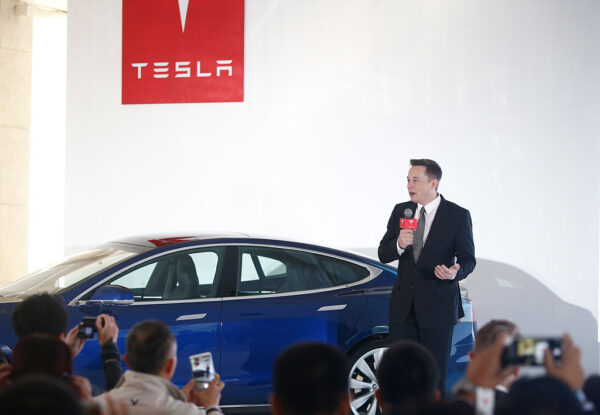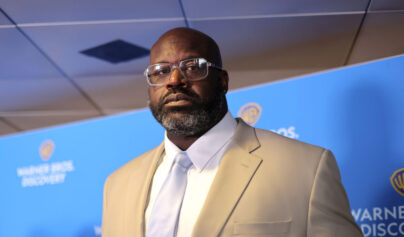A Black former Tesla employee sued the electric car company for racial discrimination in October 2017. In the lawsuit, Owen Diaz alleges a supervisor and several colleagues called him “n—-a” among other racial slurs. They also reportedly left racist and offensive drawings of swastikas for him to find.

According to TechCrunch, a judge ordered Diaz to claim his multi-million dollar settlement within two weeks earlier this month.
Between 2015 and 2016, Diaz worked as an elevator operator for nine months at Tesla’s headquarters in Fremont, California. He was originally awarded a payout of $137 million. However, U.S. District Hudge William Orrick of San Francisco reduced the settlement to $15 million in April. The price drop came after Tesla argued it should only pay the former employee $600,000.
Tesla was incorporated in July 2003 by Martin Eberhard and Marc Tarpenning. In February 2004 Elon Musk invested $6.5 million in the company and became the largest shareholder. He’s been CEO since 2008.
In court proceedings, Orrick said that the award was “excessive” and that offering an immediate appeal “would further delay resolution of a case that is already five years old.”
Tesla is also being sued over alleged racism and harassment of its Black employees at the same Freemont plant. According to The Wall Street Journal, California’s Department of Fair Employment and Housing filed a similar lawsuit in February of this year. The office allegedly received “hundreds of complaints from workers” who often heard Tesla supervisors and managers also using racial slurs.
Black employees allegedly were given more physically demanding positions, treated poorly and overlooked for promotions. Kevin Kish, the agency’s director, claims the state found evidence that describes Fremont as a “segregated workplace where Black workers are subjected to racial slurs and discriminated against in job assignment, discipline and promotion creating a hostile work environment.”
Tesla’s first diversity report was released in December 2020, which revealed the following about the brand’s U.S. workers: 10 percent of its employees are Black and African- American, yet only 4 percent are at the director level. Hispanic and Latinx employees make up 22 percent of the total workforce followed by Asian employees at 21 percent.
Tesla’s Freemont location is currently battling a variety of lawsuits for harassment and discrimination based on race and gender. In 2017, former employee Marcus Vaughn filed a class-action lawsuit. He accused the Elon Musk-owned company of failing to investigate his repeated complaints of being called the “n-word” by managers and co-workers.
In December 2021, at least six women from the same plant filed a suit claiming Tesla fostered a culture of sexual harassment. The women filed complaints with the Superior Court in Alameda County, detailing the catcalling, discrimination, physical contact and unwanted advances they endured while on the clock. The harassment led to depression and anxiety, and hindered employees from climbing the corporate ladder.
Tesla defended itself against their allegations in a blog post in February 2022, saying the company “strongly opposes all forms of discrimination and harassment and has since hired an Employee Relations team to investigate all and future complaints.”
The Tesla team added, “Attacking a company like Tesla that has done so much good for California should not be the overriding aim of a state agency with prosecutorial authority. The interests of workers and fundamental fairness must come first.”




